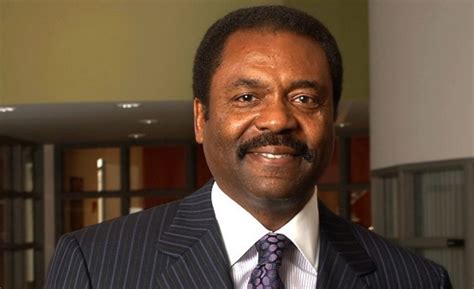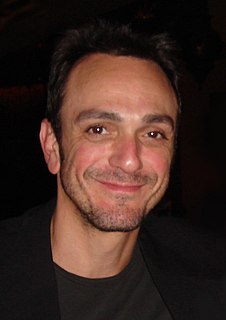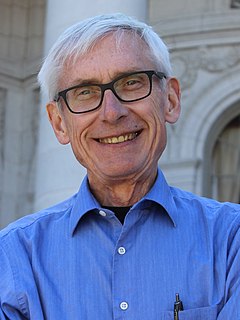A Quote by David Steward
The generational cycle of people returning to prison has enormous, negative impacts on all Americans, especially the family members of incarcerated people.
Related Quotes
For children, the era of mass incarceration has meant a tremendous amount of family separation, broken homes, poverty, and a far, far greater level of hopelessness as they see so many of their loved ones cycling in and out of prison. Children who have incarcerated parents are far more likely themselves to be incarcerated.
There was sort of a negative association with the military. Maybe growing up in the South or being in a family with members of the military, I didn't have that negative connotation, but I did have this 'separate' connotation. I was ashamed to realize I had it and did not realize I had it until I was [in Iraq]. I was so impressed by the people I met over there and there was just a sense of connection and gratitude towards those people.
Right now, for many Americans, class is being foregrounded like never before because of the economic situation. It doesn't mean that race doesn't matter, or gender doesn't matter, but it means that right now in many people's lives, in the lives of my own family members, people are losing jobs, insurance.


































